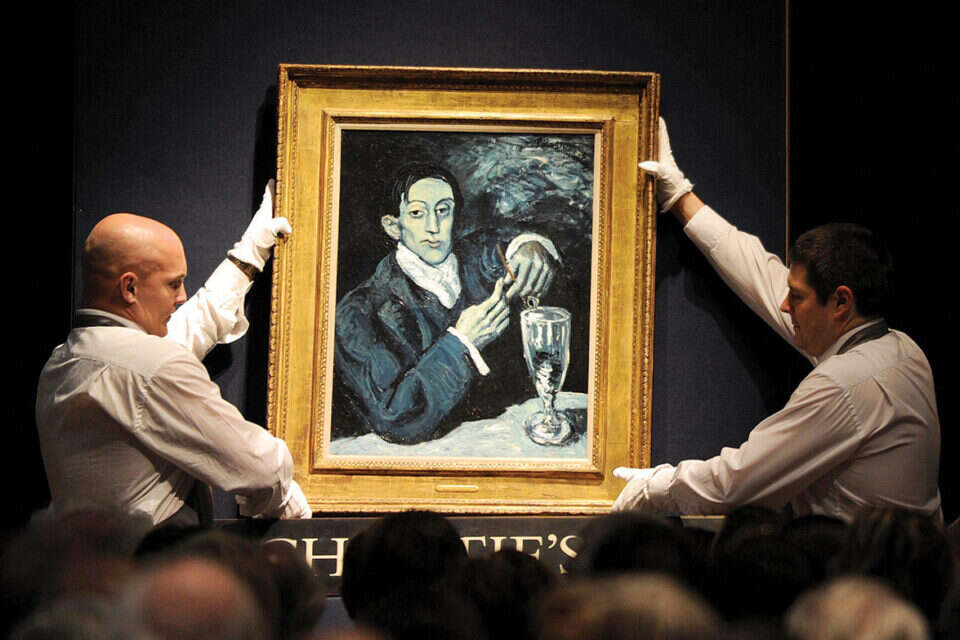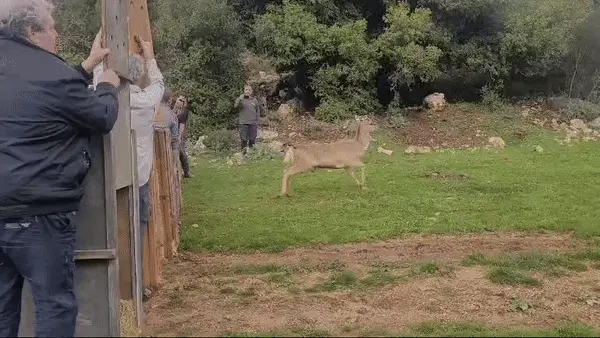"Living life backwards" is a book that is an idea.
Only 27 pages (at a catalog price of NIS 48), which embody the thought that if we read books as spiritual food, as fertilization of our world of thought - the number of pages and words has no meaning.
Its outrageous thickness is therefore not only a statement of Babylon Publishing's confidence in the book itself, but also in the idea that a book should not be measured in terms of substance.
Its effect, this book tells us, is in another dimension.
The idea presented by the Jungian thinker James Hillman in this book is actually a question: what if instead of thinking about our lives through the image of a soul that grows and develops over the years - starting with the initial meeting with our parents, and through everything that has befallen us and shaped us since then - we think about our lives as a primary and permanent essence More or less, that all those encounters and events that happen to her do not change her but rather reveal her, provide us with a glimpse of her unchanging core?
That is, what if we replace the model of growth and development with the image of an angelic soul that guides and accompanies us throughout our lives, and gradually reveals itself to us in the present in the form of who we have become?
Hillman cites the example of Charles Lindbergh, who was the first to fly directly across the Atlantic Ocean, and as a child suffered from nightmares about falling from a high place;
Salvador Dali, who was a strange child who trampled a classmate's violin and bit a rotten bat;
And also himself, Hillman, who received the lowest grade in the class in spelling class - like a series of writers he appointed, including Marcel Proust, Emile Zola and Scott Fitzgerald, all of whom failed essay and literature classes at school.
It can be said about these creators that in adulthood they overcame the weaknesses and fears from childhood, and turned them into a creative engine.
That's how we usually understand it.
But Hillman offers a different reading.
He asks: What if we call Dali "retarded", so that his behavior as a child will reveal the surrealism that was inherent in him even then?
What if the writing difficulties of those who will grow up to be writers and intellectuals reveal that the hand of these children was afraid of their life's mission, which even then nested within them and cast fear upon them?
What if even as children they contained within themselves the core of who they became, that they were not allowed to conform to standard expectations?
Hillman's main object of criticism is the model of developmental psychology, which indisputably dominates our self-concept in the current era, and starts from the image of the helpless and high-potential boy or girl who was shaped (or spoiled) by their life circumstances.
It is a model that imagines us as passive and victims in relation to the influences that befall us.
Instead of the developmental model, he offers a model of constant, constant inner strength, which the various events that befall him over the years cannot, and which remains intact as a continuous present in the face of all the storms of our lives, like an oak tree that does not become more or less "it", even 400 A year after sprouting from his acorn.
Picasso is quoted here when he goes against those who analyze his development as an artist and replies to them: "I am not developing; I am present."
This proposal is actually not new at all.
It is embodied, as Hillman himself writes, in concepts such as karma, demon, genius and their equivalents that prevailed in many ancient cultures.
The renewed need to turn to this idea comes in the face of the dominance of the contemporary psychological paradigm, which seeks in childhood and in relationships with our parents - and not in who we are today - the key to the secret of our personality, to the secret of our self.
However, as refreshing as this idea is - indeed, it's terribly depressing to think of ourselves as powerless against the oppressor of our life circumstances and our family as the primary shapers of our personality - it also has some glaring problems, first and foremost the focus on the examples of great artists.
It is easy to think of personalities like Dali, Frost and Picasso as those who were able to realize their "free soul" or "dream soul".
But what about everyone else?
What about the people who are less than life, a large part of whom turn to psychology precisely because they do not like the place they have reached, the self they see before their eyes in the present?
A teleological view like Hillman's, which sees the existing as the necessary fulfillment of a prior purpose (in terms of "what happened is what had to happen"), robs us of the comfort that psychology gives us, by assuring us that we were not born to be a failure, a miss, or a gray mediocrity, but rather the circumstances of our lives (and especially our parents and significant others around us) are the ones who spoiled us, who did not allow our "inner child" to flourish.
Hillman's challenge to psychology and our need to imagine, since Freud, a childish ego that establishes its identity through the relationship with its parents and through overcoming it, could have been stronger if this text had been translated within the complete book from which it is taken in the English original, a book that has A broader work on psychology, and its name in literal translation (it has not yet been translated into Hebrew): "We have had 100 years of psychology - and the world is only getting worse."
As it is, as a short and independent text, the main strength of "Living Life Backwards" is not in the criticism of psychology, but rather in the call to use the imagination as a force against reality: to create an image of ourselves that can subjugate the world to it or cut between the world and consciousness (an idea developed Also in Hillman's previous book translated into Hebrew, "The Mind of the Heart and the Soul of the World", Babel, 2021).
This is a proposal to live life in the shadow of the command to imagine: "The task in life is actually to make sure that what happens in them is in accordance with the image", writes Hillman, and explains that we must be "guided by our genius", and this guiding image should be as permanent as the acorn that grows and becomes an oak tree , and yet remains the same as himself.
"Development is not mysterious; the acorn is."
James Hillman / Living life backwards;
From English: Mor Cadishzon, Babel Publishing, 27 pages
were we wrong
We will fix it!
If you found an error in the article, we would appreciate it if you shared it with us












/cloudfront-eu-central-1.images.arcpublishing.com/prisa/S7ERVSCT4FUVX6R7TUVBDNTH5Y.jpg)


